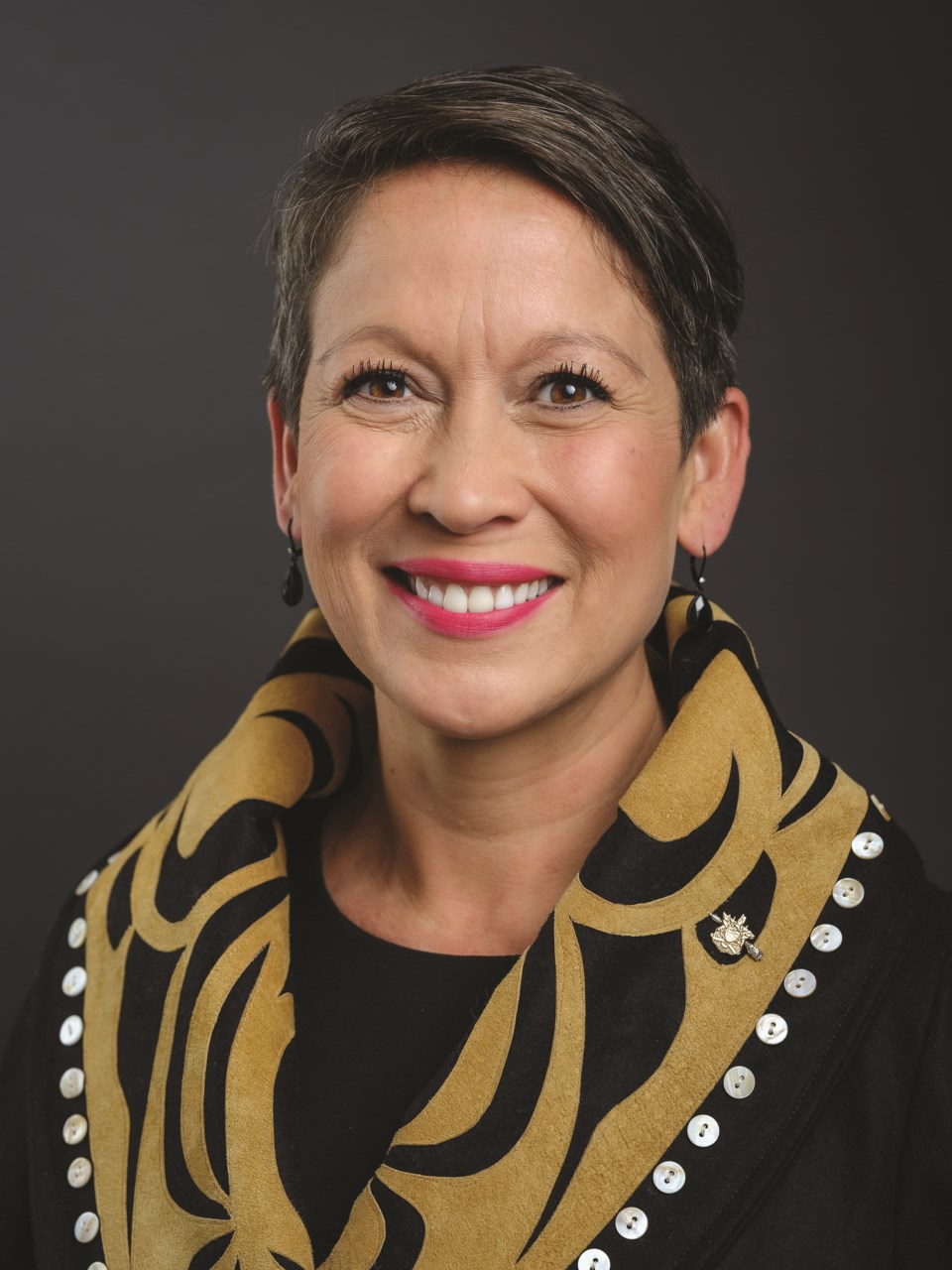As the year draws to a close, many of B.C.’s tourism operators are still reeling from the avalanche of disruption that defined 2020.
The COVID-19 pandemic has tested business owners in every sector, but the uncertainty and loss felt amongst the tourism industry has been especially acute and painful.
On Nov. 26, Premier John Horgan announced his new cabinet following the October election, including putting Vancouver-Mount Pleasant MLA Melanie Mark in charge of the Ministry of Tourism, Arts, Culture and Sport.
As B.C.’s new tourism minister, Mark has her work cut out for her.
On Dec. 22, she announced new support for the industry in response to a report from a provincial Tourism Task Force, including a $100-million relief fund for tourism businesses (grants, not loans) and $5 million for Indigenous tourism operators.
Pique caught up with the new minister via email ahead of the holidays. Her responses have been edited for length and clarity.
PIQUE: You’ve been in cabinet before, but you’re new to the tourism portfolio. What can you say about the current state of the industry in light of COVID-19?
Minister Melanie Mark: This has been the most challenging year that people working in the tourism sector have ever faced, and while news about vaccines gives us reason to be hopeful, we aren’t through this storm yet. I have been impressed with the commitment of people working in the tourism and hospitality sector to limit the spread of COVID-19. I will continue to be laser-focused on supporting B.C.’s tourism sector so it comes back stronger.
PIQUE: A provincial Tourism Task Force recently submitted its report to you. How helpful is that for you as an incoming minister? What can you tell us about the contents of the report? When will we hear more?
MM: The tourism industry asked for a task force to focus on the needs of their sector specifically—and we delivered. Our government has taken quick action on their request for support by creating a Tourism Relief Fund with $100 million in dedicated funding for the sector. We’re also allocating $5 million to Indigenous Tourism BC to help Indigenous businesses. This funding will help operators get through these next few months so we can welcome visitors back to our beautiful province once it’s safe to travel.
PIQUE: There are signs of long-term optimism in the industry, but many operators have concerns for the winter ahead (and some have already been forced to close). What is your message for them?
MM: I know 2020 has been incredibly difficult but I am hopeful that this is the beginning of the end of the pandemic and we can start to think about travel soon. This funding is aimed at helping people and businesses bridge the gap until we can welcome visitors to B.C. again.
PIQUE: Destination Canada’s Marsha Walden recently stated that every quarter the border remains closed adds another year to the tourism industry’s recovery time—while the province recently announced $53 million in supports for the industry via the Economic Recovery Plan, do you feel this will be enough? Is more support possible in 2021?
MM: We have taken quick action on creating the task force, securing new relief funding and improving the grant application criteria and process so people who qualify can access government support. We are also considering next steps for the remaining recommendations in the task force’s report.
PIQUE: You are the province’s first Indigenous tourism minister. What role might Indigenous tourism play in B.C.’s tourism recovery?
MM: Our government is committed to meaningful and lasting reconciliation with Indigenous peoples. The Premier gave each cabinet minister a mandate letter that outlined reconciliation as a foundational principle in how we approach our work. As the first Indigenous woman elected to the B.C. Legislature, I will continue to advocate for Indigenous people and working to implement the Declaration on the Rights of Indigenous Peoples Act and the Truth and Reconciliation Calls to Action. Indigenous tourism is one of the fastest-growing segments of B.C.’s tourism industry and I look forward to championing this even further.
PIQUE: The province committed $39 million over three years to the Resort Municipality Initiative program in 2019. Has there been any discussion about the future of this program?
MM: In 2019, government committed $39 million over three years for the Resort Municipality Initiative, so communities can rely on this stable funding. Future years’ funding will be considered as part of government’s normal budgeting process. Decisions will be made public as part of the budget communication process.
PIQUE: Prior to COVID, Whistler contributed millions to other levels of government through taxes. How can we restore the resort back to its pre-COVID success?
MM: Whistler is a significant tourist destination and we know it is challenging right now with the current travel restrictions. As part of our government’s Stronger BC supports, we are providing $19 million to help tourism-dependent communities expand their tourism infrastructure. This will create jobs now and will help communities be positioned to welcome visitors when it is safe to travel again. In addition, Whistler received over $6.7 million in Resort Municipality [Initiative] Funding in 2020. Staff in my ministry continue to work closely with Whistler on their [three]-year Resort Development Strategy to help ensure Whistler can come back even stronger over the long term.



-opening-day-27.49.jpg;w=120;h=80;mode=crop)
